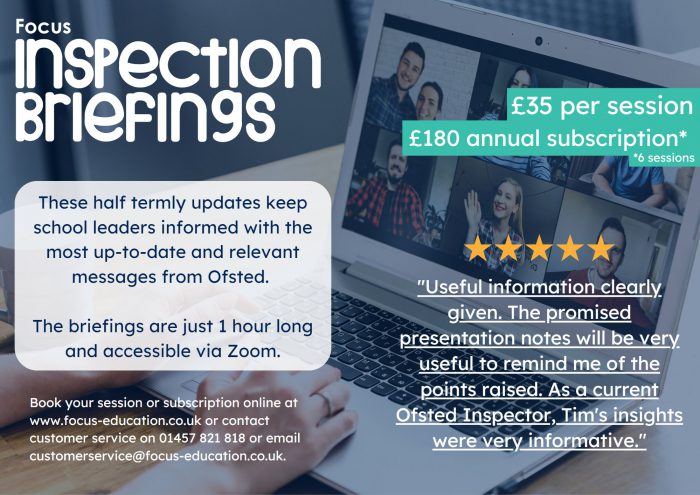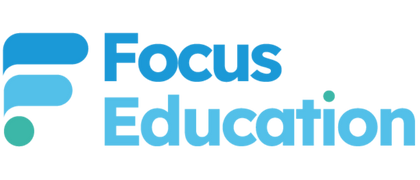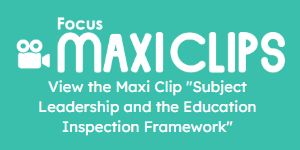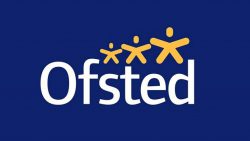
Key elements of the subject leader role
Key purpose
Ensure that pupils make progress through each year group, acquiring and applying key knowledge, so that they at least meet the agreed age expectations in a subject.
This is achieved by:
- securing high quality teaching;
- ensuring that planning meets the requirements of the school’s agreed curriculum;
- the effective use of resources.
Elements of the subject leadership role
Intent
- Having oversight of curriculum coverage and ensuring that the curriculum meets national requirements;
- Ensuring that colleagues are aware of expectations;
- Action planning for future development;
- Ensuring that appropriate resources are in place to deliver a rich and challenging curriculum.
Implementation
- Ensuring that teaching within the subject is strong and promotes the acquisition of key knowledge, building on prior learning;
- Leading professional development, providing guidance and support to colleagues;
- Oversee assessment;
- Making best use of financial and human resources to impact on standards;
- Promoting the subject and championing the subject with colleagues and pupils.
Impact
- Monitoring the effectiveness of teaching and the impact on learning and standards;
- Evaluating and summarising all aspects of the subject to define next steps for improvement.

Subject leadership and the Education Inspection Framework
The Ofsted framework from September 2019 focuses on the school’s curriculum.
The key elements of this were summarised by Sean Harford, National Director, Education at Ofsted:
‘The curriculum is a framework for setting out the aims of a programme of education, including the knowledge and understanding to be gained at each stage (intent); for translating that framework over time into a structure and narrative, within an institutional context (implementation) and for evaluating what knowledge and understanding pupils have gained against expectations (impact/achievement).’
It will be useful for subject leaders to consider their subject in terms of the three ‘I’s – Intent, Implementation and Impact. The below is taken from the School inspection handbook, May 2019
Curriculum intent
Inspectors will draw evidence about leaders’ curriculum intent principally from discussion with senior and subject leaders.
Inspectors will explore:
- whether leaders are following the national curriculum and basic curriculum or, in academies, a curriculum of similar breadth and ambition
- how carefully leaders have thought about what end points the curriculum is building towards, what pupils will be able to know and do at those end points, and how leaders have planned the curriculum accordingly. This includes considering how the intended curriculum will address social disadvantage by addressing gaps in pupils’ knowledge and skills
- how leaders have sequenced the curriculum to enable pupils to build their knowledge and skills towards the agreed end points
- how leaders have ensured that the subject curriculum contains content that has been identified as most useful, and ensured that this content is taught in a logical progression, systematically and explicitly enough for all pupils to acquire the intended knowledge and skills
- how the curriculum has been designed and taught so that pupils read at an age-appropriate level.
Curriculum implementation
The following activities will provide inspectors with evidence about the school’s implementation of its intended curriculum:
- discussions with curriculum and subject leaders and teachers about the programme of study that classes are following for particular subjects or topics, the intended end points towards which those pupils are working, and their view of how those pupils are progressing through the curriculum
- discussions with subject specialists and leaders about the content and pedagogical content knowledge of teachers, and what is done to support them
- discussions with classroom teachers about how often they are expected to record, upload and review data
- observations of and interviews with pupils or classes who are following this curriculum in lessons, including scrutinising the pupils’ work
- reviews of schemes of work or other long-term planning (in whatever form subject leaders normally use them), usually in discussion with curriculum leaders.
Curriculum impact
Inspectors will gather evidence of the impact of the quality of education offered by the school from the following sources:
- the progress that pupils are making in terms of knowing more, remembering more and being able to do more
- nationally generated performance information about pupils’ progress and attainment. This information is available in the IDSR, which is available to schools and inspectors, and will be analysed for its statistical significance in advance by Ofsted’s data and insight team
- first-hand evidence of how pupils are doing, drawing together evidence from the interviews, observations, work scrutinies and documentary review
- nationally published information about the destinations to which its pupils progress when they leave the school
- in primary schools, listening to a range of pupils read
- discussions with pupils about what they have remembered about the content they have studied
- how well pupils with SEND are prepared for the next stage of education and their adult lives.
Ofsted and subject leadership – Key questions to consider:
What subject leaders need to know:
- Has the school made the objectives of their curriculum clear for your subject?
- Does the school’s curriculum for your subject align with national policy and statutory requirements?
- How do you know your curriculum is working? Can you demonstrate how you know?
- Why is the curriculum right for the children in your school at this time?
- What are the strengths of your current subject curriculum?
- What are the areas of the curriculum that might need development?
- How effectively are curriculum policies and plans translated into practice?
- Is the same importance given to all foundation subjects?
- How is the curriculum delivered across each year group and across key stages, ensuring progress in skills, knowledge and understanding from different starting points?
- How is progress and attainment measured?
- How are pupils given opportunities to apply basic skills in your subject?
- Where is the evidence of pupils’ SMSC development?
And most importantly:
What is the impact of the curriculum in your subject on the pupils’ outcomes?
Continue the conversation on subject leadership in primary schools
For more information on effective subject leadership, keep an eye on the Focus Education blog, or get in touch with the Focus Education office on 01457 821 818. If you would like to enquire about inset consultancy within your school, get in touch via our booking form.
Tim has been a headteacher with a successful track record; his last school had a reputation for innovation and their initiatives have been utilised by others and presented internationally.
School improvement has been at the heart of his career, working as an LLE, a School Improvement Partner, Professional Partner as well as an Ofsted inspector and mentor for trainee inspectors.







